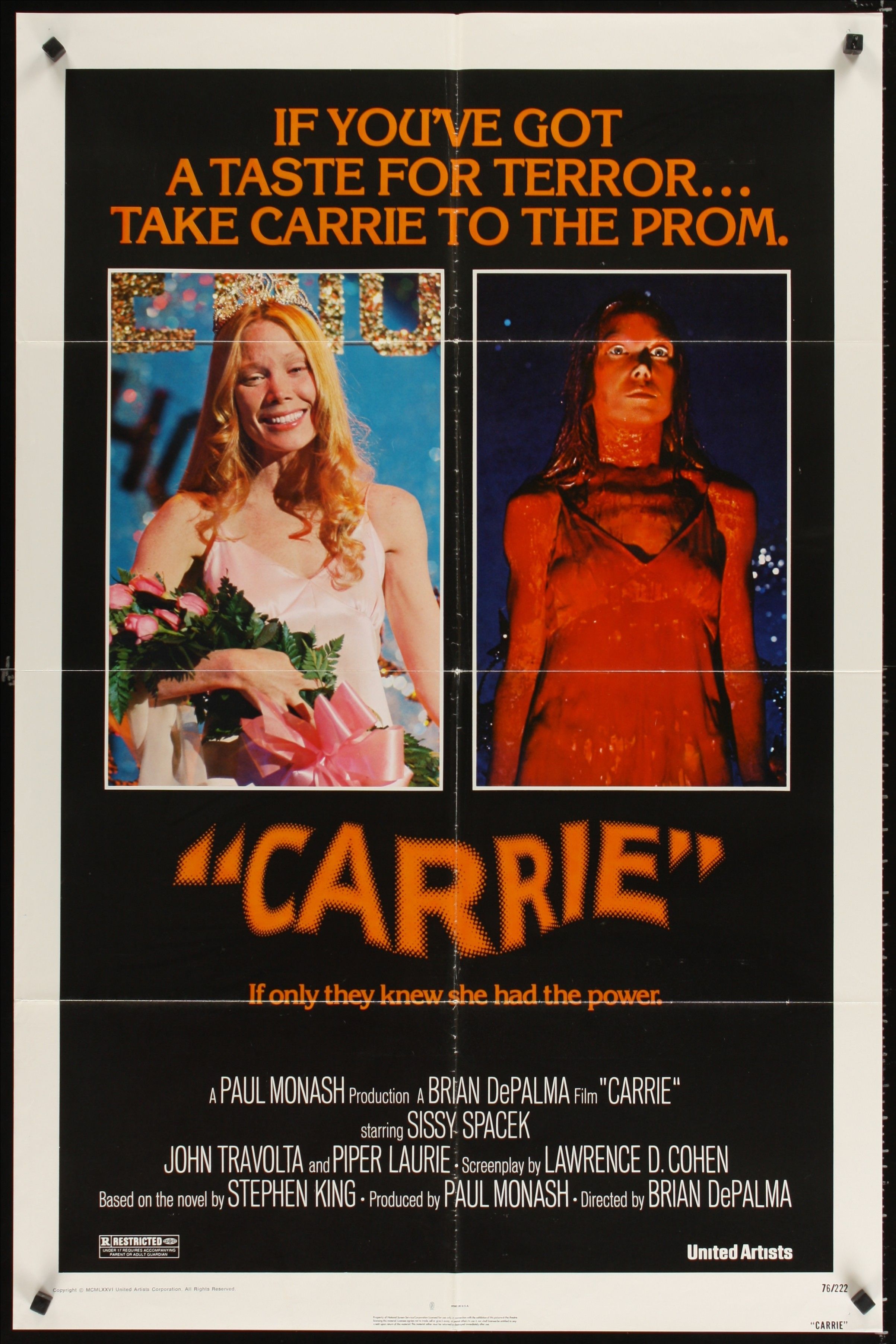“Revenge, the sweetest morsel to the mouth that ever was cooked in hell.”
Walter Scott, The Fall of the Mid-Lothian

Revenge is a seminal theme in popular culture. It permeates the literature, film and television we consume with glee and reverence on a daily basis. It drives the stoic figures of the robotic assassins in The Terminator, John Wick and Kill Bill film franchises. It is the motivation of almost every character in Game of Thrones and the force that finally pushes Shakespeare’s Hamlet over the edge to commit murder. Each of these characters exist in our current lexicon for their success and triumph over their enemies, or competitors.
Revenge is music. It’s like an orchestral anthem that we can all recognise as soon as we hear it. As readers and audience members, we feel euphoric as the familiar figure of the hero, orphan, or victim of bullying finally receives their retribution and ability to reclaim control over their lives – no longer powerless. In Stephen King’s novel Carrie, the genre conventions of gothic horror are presented beat by beat, the tortured protagonist, haunting religious mother, supernatural powers and abject horror are all tropes from classical Victorian Gothic literature. Julia Kristeva explains that the abject figure is a representation of “primal repression”, as Carrie hits puberty her mother tells her body and sexual desires are sinful, it is this repression and alienation that partly leads to Carrie embracing her new powers.
It is important to note that revenge is the shadow of tragedy; one usually follows the other. By the end of the novel Carrie seems to be victorious as she is the last one standing, she becomes a monstrous figure of epic proportions, and yet also a pillar of supernatural strength and resilience. The duality of Carrie’s situation mirrors the transgressive nature of what she has become, as she is both human and inhuman, a rebel and a heroine.
“Transgression opens onto a scintillating and constantly affirmed world, a world without shadow or twilight…. It was originally linked to the divine, or rather, from this limit marked by the sacred it opens the space where the divine functions. – Michel Foucault (A Preface to Transgression)
All of the quirks, superpowers and overall weirdness that alienated Carrie from her classmates, and her mother – enabled her to become both a divine and unholy figure. She now exists in a new social space that is occupied only by her.
In spite of the abject horror depicted in the novel, Carrie’s revenge is ultimately relatable, as it speaks to the natural desire, we all have to overcome the issues of loneliness, isolation and abuse. It is the reason that Carrie has been adapted to film twice, inspired many Halloween costumes and appeared on the front of magazine covers 40 plus years after the book was first published. It is the first work that set Stephen King on a decades long path of creating horror out of social anxiety and fears, King has stated that writing Carrie is what “made me what I am today”.